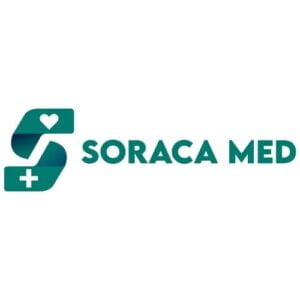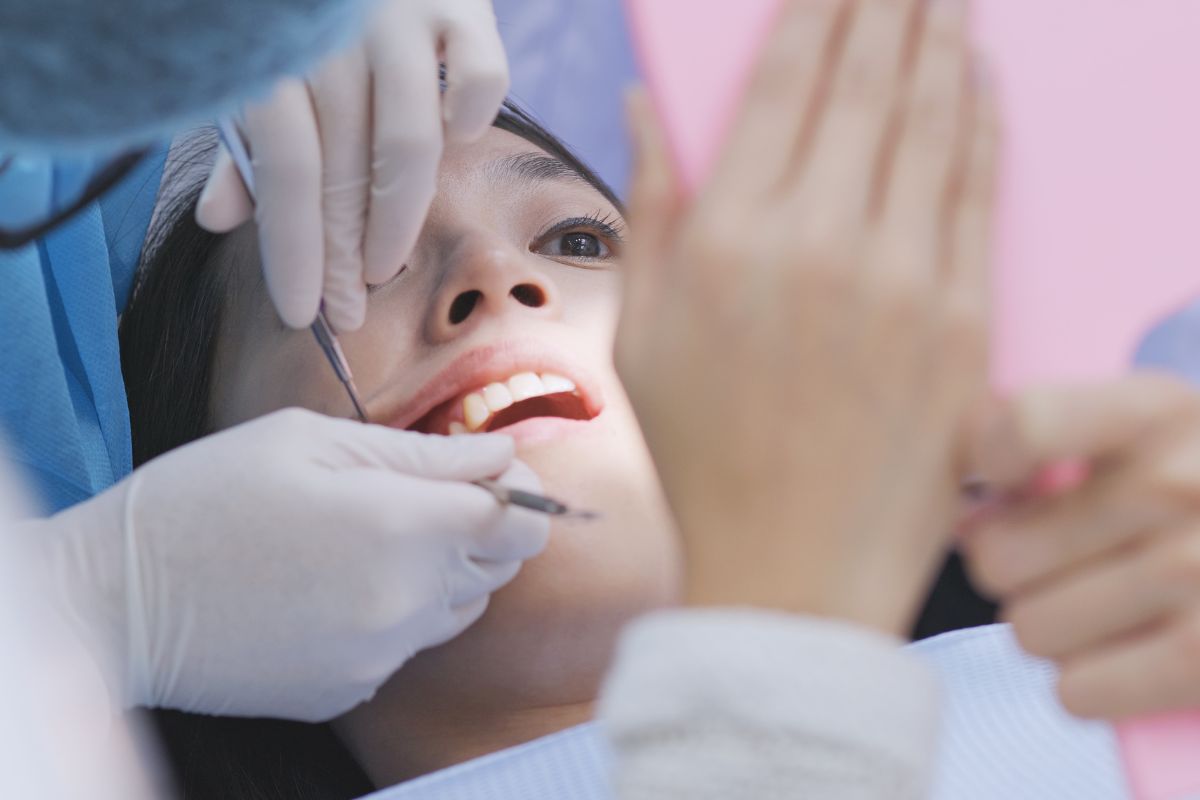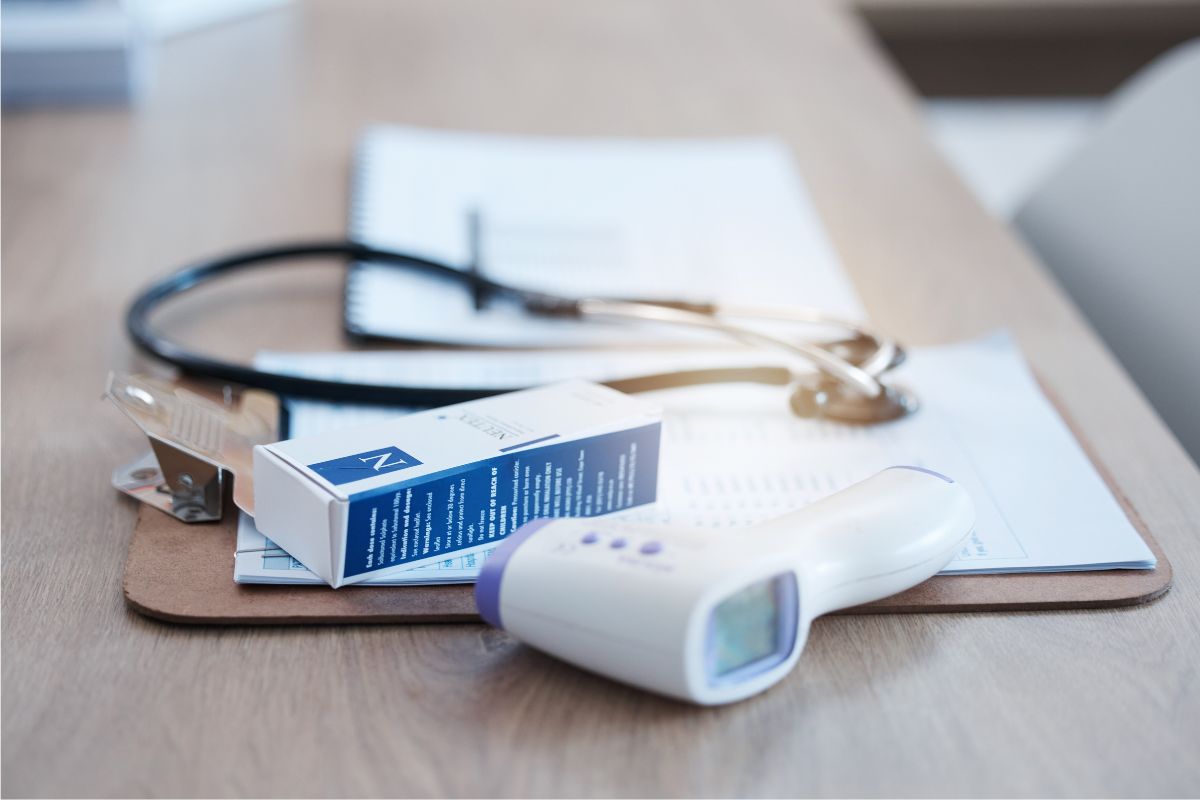What is Gastric Banding Surgery?
Gastric banding surgery, also known as laparoscopic adjustable gastric banding or lap band surgery, is a surgical procedure performed to aid in weight loss for individuals struggling with obesity. It involves the placement of a silicone band, called a gastric band, around the upper part of the stomach, creating a small pouch. This restricts the amount of food the stomach can hold, leading to a feeling of fullness with smaller portions of food.
Here are the key steps involved in gastric banding surgery:
Anesthesia: The procedure begins with the administration of general anesthesia to ensure that the patient remains asleep and pain-free throughout the surgery.
Placement of the Gastric Band: Small incisions are made in the abdomen, and a laparoscope (a long, thin tube with a camera) is inserted to provide a visual guide for the surgeon. The gastric band is then placed around the upper part of the stomach, forming a small pouch.
Adjustment Port Placement: A small port is implanted under the skin of the abdomen. This port is connected to the gastric band by a tube and allows for adjustments to be made to the band’s tightness in the future.
Closing Incisions: Once the gastric band and adjustment port are in place, the incisions are closed using stitches or staples.
Following the surgery, the gastric band can be adjusted by injecting or removing saline solution through the adjustment port. This allows the band’s tightness to be customized based on the individual’s needs and weight loss progress.
Gastric banding surgery aims to promote weight loss by reducing the stomach’s capacity, which limits food intake and creates a feeling of fullness with smaller meals. It is considered a relatively safer and less invasive procedure compared to other bariatric surgeries, such as gastric bypass or sleeve gastrectomy. However, it’s important to note that long-term success with gastric banding requires strict adherence to dietary and lifestyle changes, as well as regular follow-up appointments for band adjustments and monitoring.
What Is The Complications in Gastric Banding Surgery?
Gastric banding surgery, also known as laparoscopic adjustable gastric banding or lap band surgery, is a type of weight loss surgery that involves placing a band around the upper part of the stomach to restrict food intake. While it is generally considered safer than some other weight loss procedures, there can still be potential complications. It’s important to consult with a healthcare professional for comprehensive and personalized information. Here are some possible complications associated with gastric banding surgery:
Infection: There is a risk of infection at the site of the incisions or around the gastric band. Symptoms of infection may include redness, swelling, pain, fever, or drainage from the incision sites.
Band slippage or migration: In some cases, the gastric band may slip out of its original position or migrate to another part of the stomach. This can result in problems such as obstruction or reduced effectiveness of the procedure.
Gastric band erosion: In rare cases, the gastric band may erode into the stomach tissue. This can lead to complications such as infection, ulcers, or perforation of the stomach.
Difficulty swallowing or food intolerance: Some individuals may experience difficulty swallowing or have problems tolerating certain foods after gastric banding surgery. This can be due to the presence of the band or issues with the adjustment of the band’s tightness.
Gastroesophageal reflux disease (GERD): Gastric banding surgery can sometimes contribute to or worsen symptoms of GERD, including heartburn, regurgitation, and difficulty swallowing.
Band-related complications: The gastric band itself may require adjustments or, in some cases, removal due to complications such as band slippage, erosion, or intolerance. Additional surgeries may be needed to address these issues.
Blood clots: Surgery, in general, carries a risk of developing blood clots in the legs (deep vein thrombosis) or lungs (pulmonary embolism). Steps are typically taken to minimize this risk, such as using compression devices and administering blood-thinning medications.
Nutritional deficiencies: After gastric banding surgery, individuals may need to follow specific dietary guidelines to ensure they receive adequate nutrition. However, there is a risk of developing nutritional deficiencies, such as deficiencies in vitamins and minerals, if dietary recommendations are not followed closely or if malabsorption occurs.
It’s important to note that these complications are potential risks associated with gastric banding surgery, but not everyone will experience them. The overall success and safety of the procedure depend on various factors, including the individual’s overall health, adherence to post-operative guidelines, and the experience and skill of the surgical team. Consulting with a qualified healthcare professional can provide you with more accurate and personalized information based on your specific situation.













